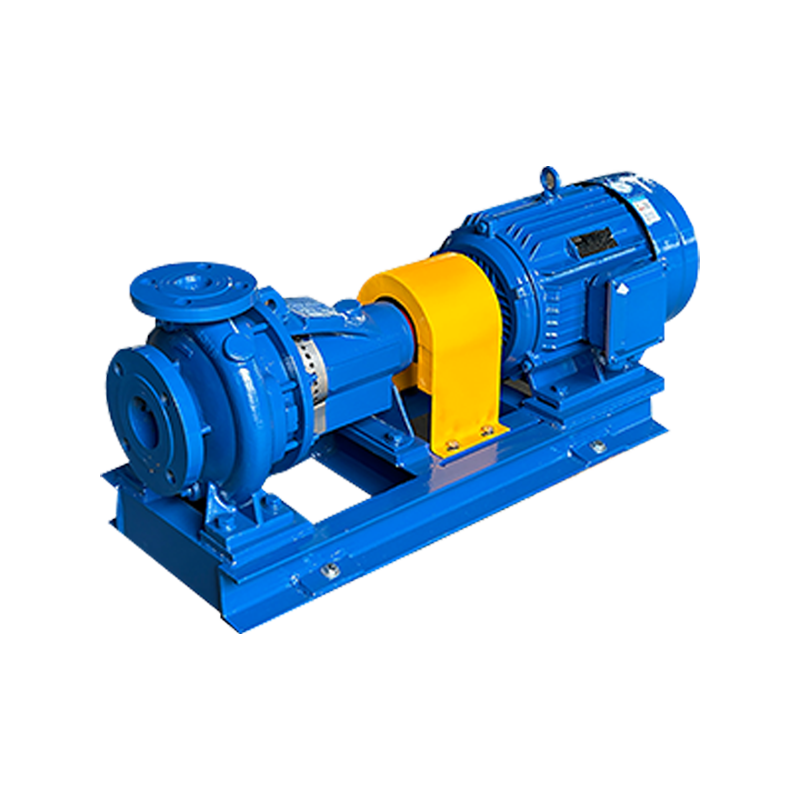Cast iron centrifugal pumps are a staple in the world of fluid transfer, relied upon across industries for their durability, efficiency, and versatility. These pumps are engineered to handle a broad spectrum of liquids, from water to corrosive chemicals, making them indispensable in settings such as agriculture, construction, manufacturing, and wastewater treatment. Their robust design and ability to deliver consistent performance under demanding conditions have earned them a reputation as workhorses in fluid-handling applications.
At the heart of a cast iron centrifugal pump is its material: cast iron. This alloy is prized for its strength, resistance to wear, and affordability. Cast iron’s inherent toughness makes it ideal for environments where pumps are subjected to high pressures, abrasive materials, or fluctuating temperatures. Unlike other materials that might degrade over time, cast iron maintains its integrity, ensuring long service life even when the pump operates continuously or handles challenging substances.
The centrifugal mechanism is another defining feature of these pumps. It works on a simple yet effective principle: a rotating impeller generates centrifugal force, which propels liquid outward from the center of the pump housing. This motion creates a vacuum at the inlet, drawing more fluid into the system. The result is a steady flow of liquid discharged at high velocity. This process is not only efficient but also scalable, allowing centrifugal pumps to be designed in various sizes to suit different capacities and pressures.
One of the standout advantages of cast iron centrifugal pumps is their adaptability. They can be customized with features like specialized coatings, seals, and impellers to meet specific operational needs. For instance, in chemical processing plants, a pump may be fitted with corrosion-resistant linings to handle aggressive acids or alkalis. In agricultural settings, a simpler configuration might suffice for irrigation or drainage purposes. This flexibility ensures that cast iron centrifugal pumps remain relevant across diverse sectors.

Maintenance is another area where these pumps shine. Thanks to their straightforward design, they are relatively easy to service compared to more complex pump types. Routine tasks such as lubricating bearings, inspecting seals, and cleaning the impeller can often be performed without extensive technical expertise. Moreover, because cast iron resists rust and erosion better than many alternative materials, components tend to last longer, reducing downtime and replacement costs.
Energy efficiency is increasingly becoming a priority in industrial operations, and here too, cast iron centrifugal pumps prove their worth. Modern designs incorporate advanced engineering techniques to minimize energy consumption while maximizing output. For example, precision-machined impellers reduce friction losses, and optimized volute shapes enhance hydraulic performance. These innovations help businesses lower operating expenses and meet sustainability goals without compromising on productivity.
Despite their many strengths, there are scenarios where cast iron centrifugal pumps may not be the best choice. For highly specialized applications involving extremely high temperatures or ultra-pure liquids, alternative materials like stainless steel or exotic alloys might be required. Additionally, these pumps are generally unsuitable for handling viscous fluids or those containing large solids, as the impeller design is better suited to low-viscosity media.





















